
If you’ve been involved in an accident, you may be wondering how fault is determined and how it can affect the outcome of your personal injury claim. One key concept that plays a significant role in personal injury cases is comparative negligence, not comparative fault. Comparative fault is a legal doctrine that assigns a percentage of fault to each party involved in an accident, based on their level of responsibility and liability. This can significantly influence the amount of compensation you’re entitled to receive. Understanding how comparative fault works is crucial, as it can impact the amount of compensation you are awarded or, in some cases, whether you can recover anything at all.
What is Comparative Fault?
Comparative fault is the principle used by many states to allocate responsibility when multiple parties are involved in an accident. This doctrine acknowledges that accidents can happen due to the actions of more than one individual. For example, suppose you were injured in a car accident, but both you and the other driver share some degree of responsibility for the crash. In that case, comparative fault will determine the percentage of blame assigned to each party. The more fault you have in causing the accident, the less compensation you may receive, but it’s still possible to recover damages as long as you’re not found to be fully responsible.
How Comparative Fault Affects Compensation
One of the most significant impacts of comparative fault is how it influences the compensation you can receive for your injuries. In states that follow comparative fault, your compensation will be reduced by the percentage of fault attributed to you. For instance, if you’re awarded \$100,000 in damages, but you’re found to be 20% at fault for the accident, you would only receive 80% of that award—\$80,000. Understanding this principle is crucial because it helps you to anticipate how the defense might argue your case and prepare accordingly. The lower your percentage of fault, the higher your potential compensation will be.
Pure vs. Modified Comparative Fault
There are two main types of comparative fault systems: pure comparative fault and modified comparative fault. In a pure comparative fault system, you can recover compensation even if you are found to be 99% at fault. However, in a modified comparative fault system, there’s typically a threshold, usually 50% or 51%. If your fault exceeds this threshold, you are barred from recovering damages. The laws in your state will determine which system applies, and understanding this can help you know whether you’re eligible to recover damages if you were partially at fault.
Defending Against Comparative Fault Claims
If the other party tries to shift some of the blame onto you, it’s essential to be prepared. In personal injury cases, the defense may attempt to argue that your actions contributed to the accident. They might bring up issues such as speeding, texting while driving, or ignoring the road. That’s why it’s vital to present substantial evidence to prove that you were not responsible for the accident or to minimize the amount of fault attributed to you. This can include witness testimony, traffic camera footage, accident reports, and expert testimony. By showing that you were not at fault or that the other party was more responsible, you can help ensure that you receive the maximum compensation possible.
The Importance of Legal Representation in Comparative Fault Cases
When dealing with a personal injury claim where comparative fault is in play, having an experienced attorney by your side can make a world of difference. A skilled lawyer will know how to gather evidence, challenge the opposing side’s claims, and help reduce the amount of fault attributed to you. Without proper legal representation, you risk accepting a settlement that doesn’t fully compensate you for your injuries. Whether you’re dealing with insurance companies or preparing for trial, having someone who understands comparative fault laws is essential to protecting your rights and maximizing your compensation.
Let’s Discuss Your Personal Injury Case
If you’ve been injured and believe you may have a personal injury claim, don’t hesitate to reach out. Contact Bonnici Law Group today to discuss your situation and explore your legal options. Our experienced team is here to guide you through the process and help you get the compensation you deserve.










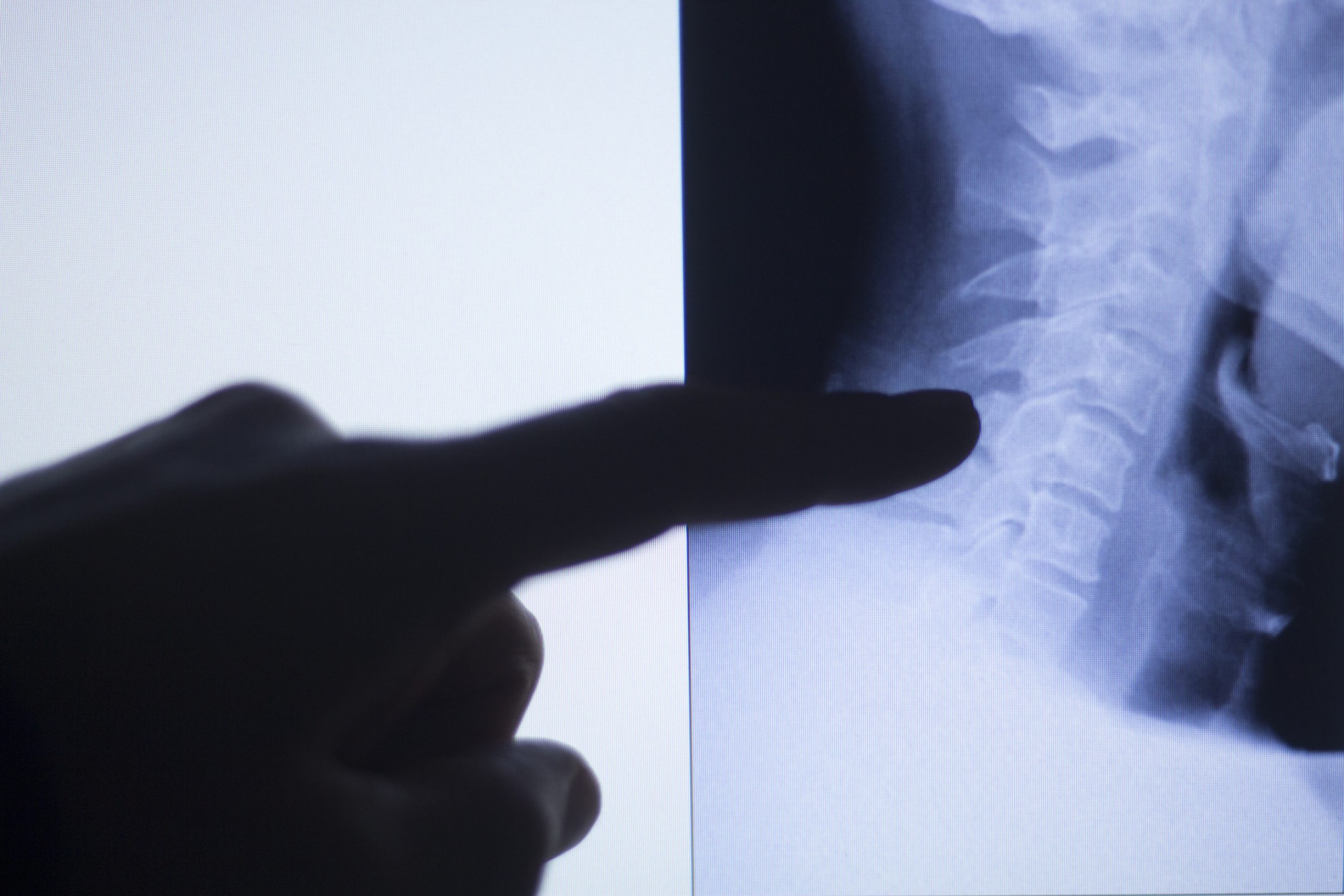





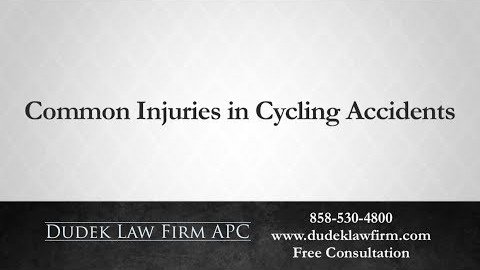

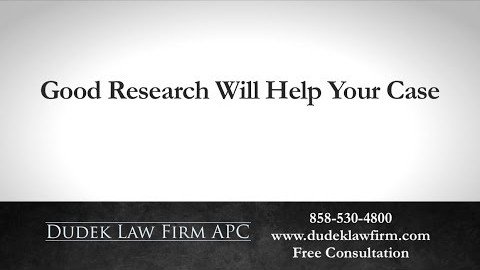
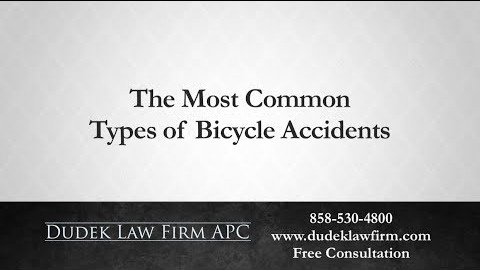

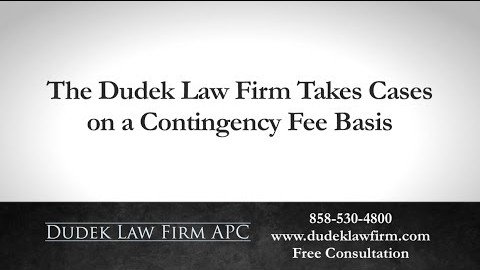
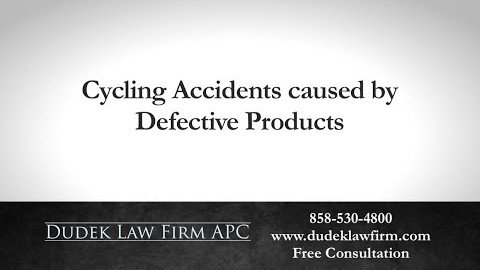
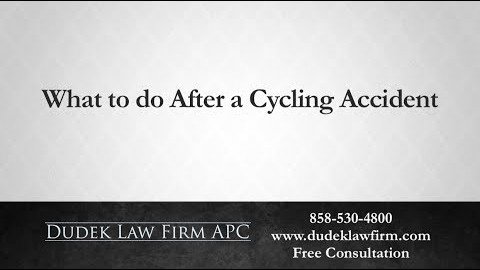

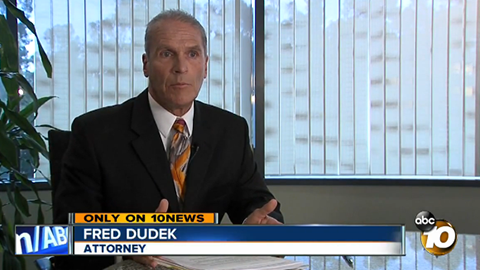
 1620 5th Avenue
1620 5th Avenue 1620 5th Avenue
1620 5th Avenue